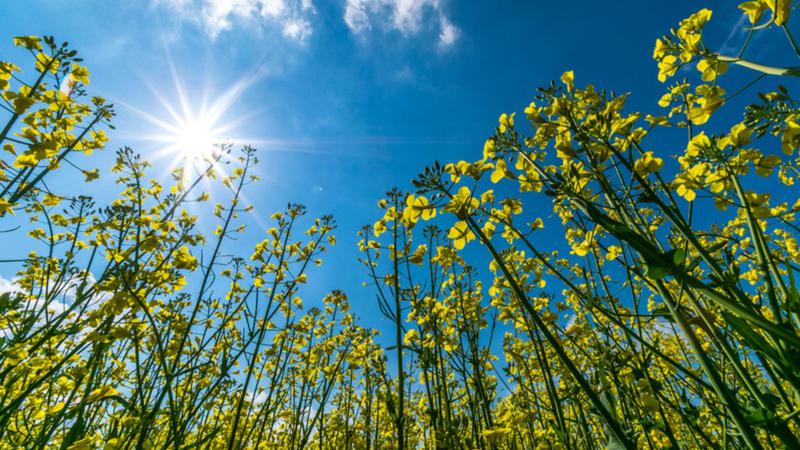
Canola related research in Saskatchewan announced
MELFORT, Sask. — The Saskatchewan Canola Development Commission (SaskCanola) is investing $825,000 in nine research projects funded under the Canola Agronomic Research Program (CARP).
SaskCanola Research Manager Doug Heath said these research projects range from one to five years in duration.
He said SaskCanola has a research committee which is made up of four directors and in combination with the research team they gather opinions from external advisors on projects which helps the directors make the final decisions on which projects they want to see go forward.
Three of the nine projects are related to improving canola’s performance under higher temperatures and dry conditions. Heath said some of those projects are looking at early upstream trait development.


